

In his essay on Stalinism Koba the Dread, Martin Amis proposes that Lolita is an elaborate metaphor for the totalitarianism that destroyed the Russia of Nabokov’s childhood (though Nabokov states in his afterword that he “[detests] symbols and allegories”).




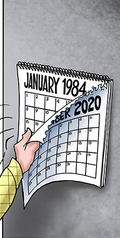

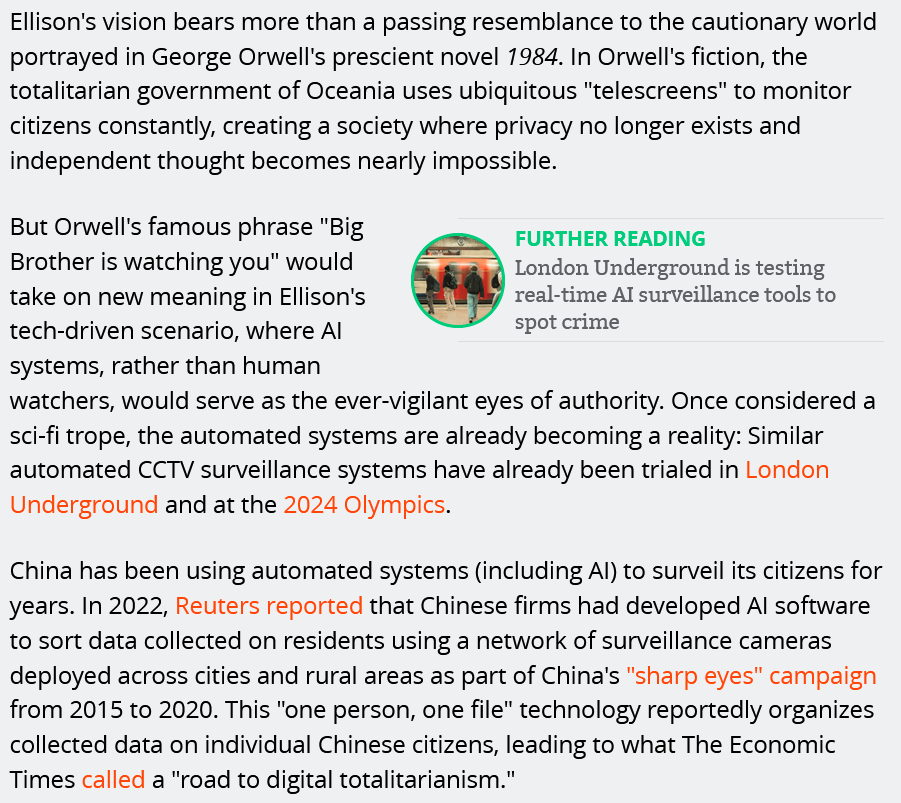


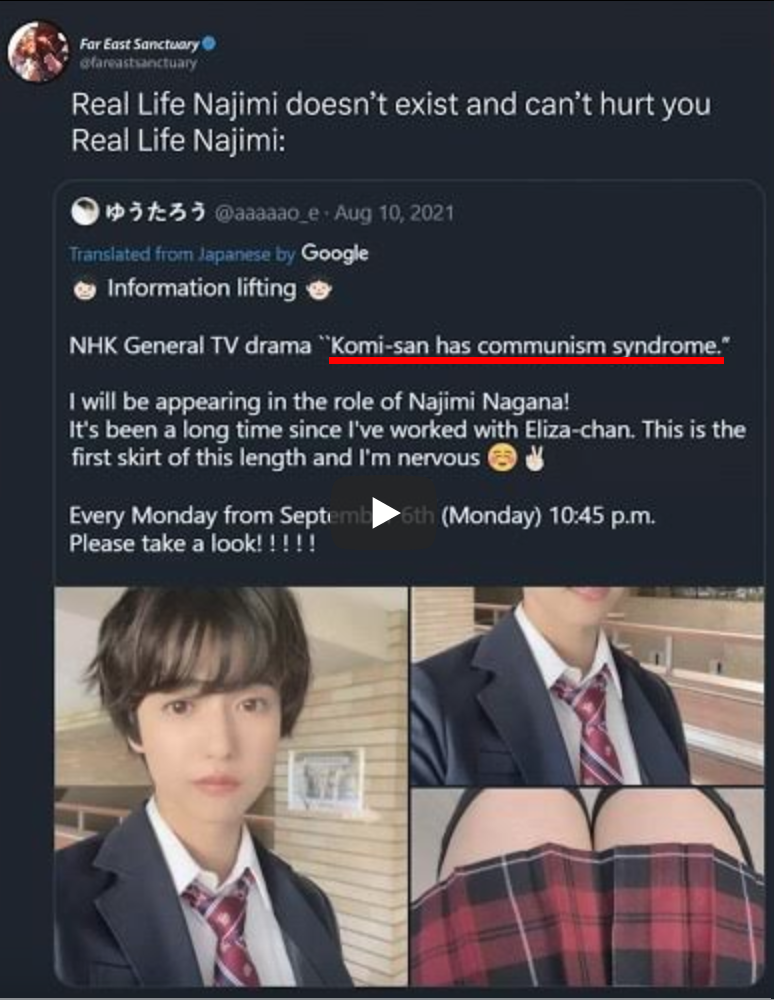

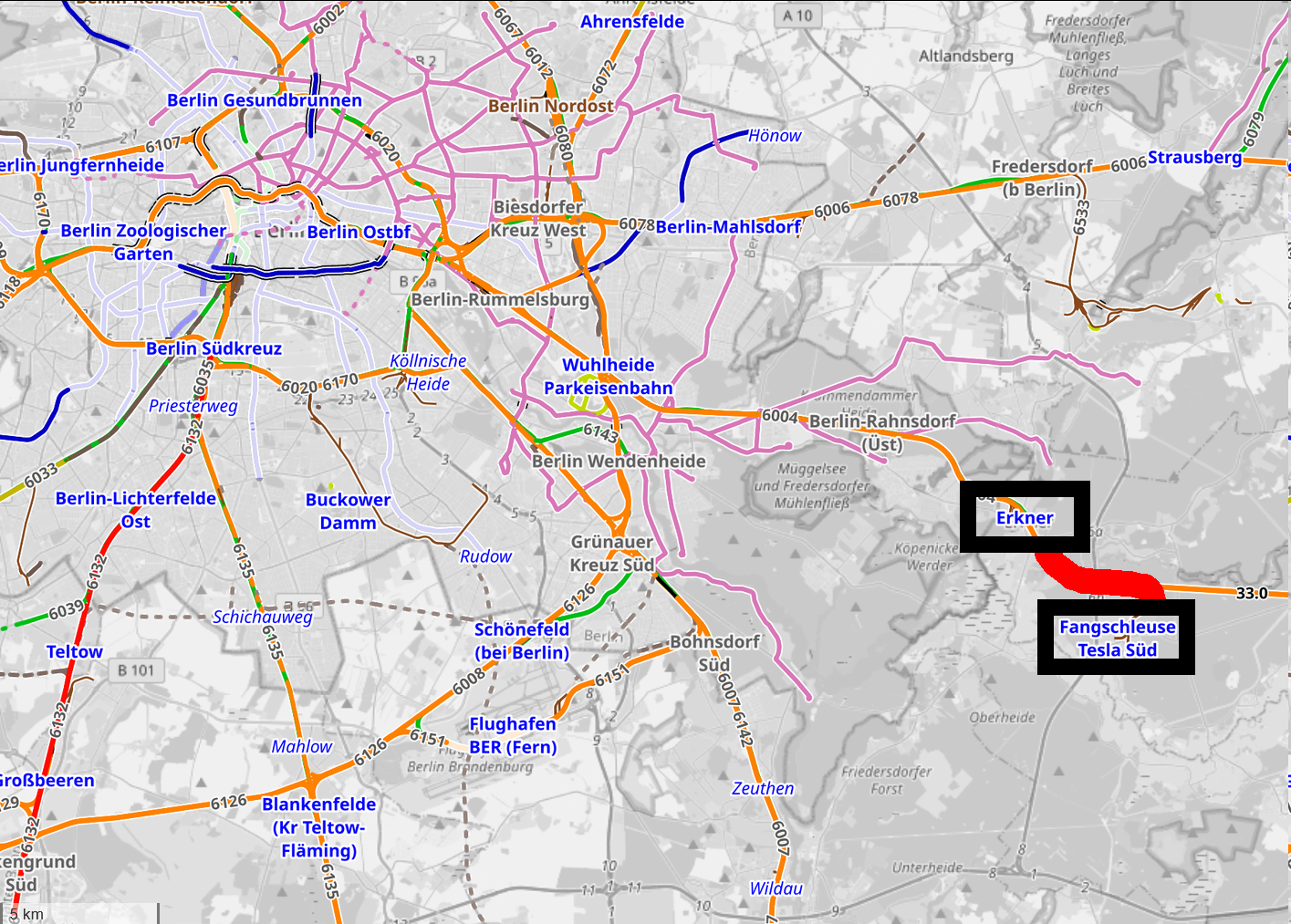
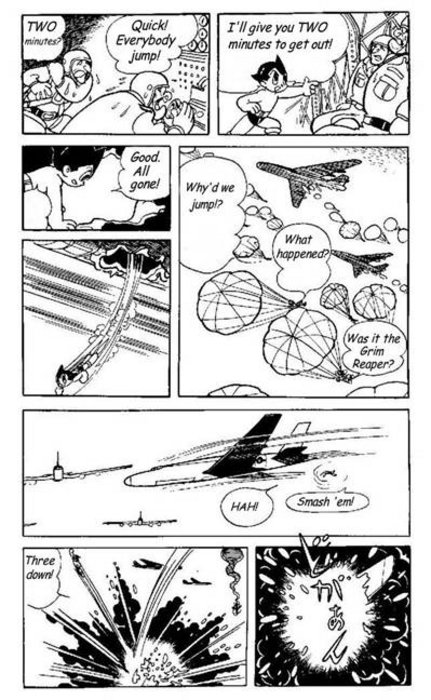
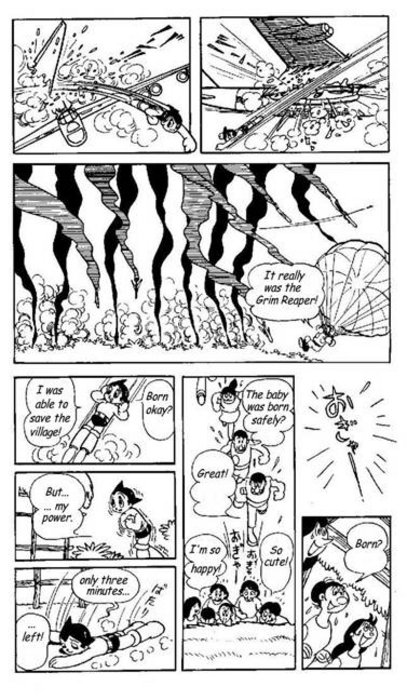
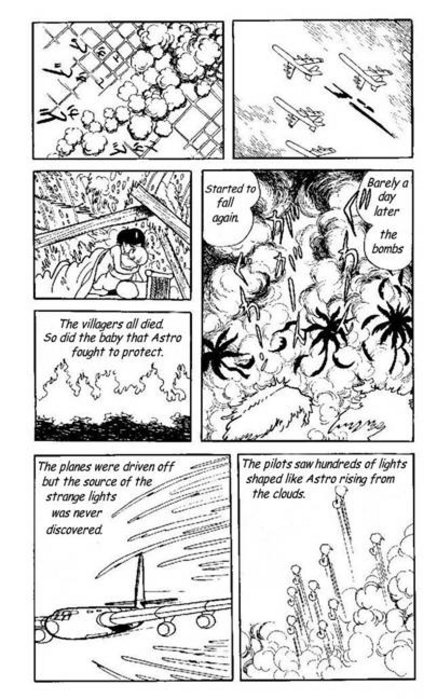
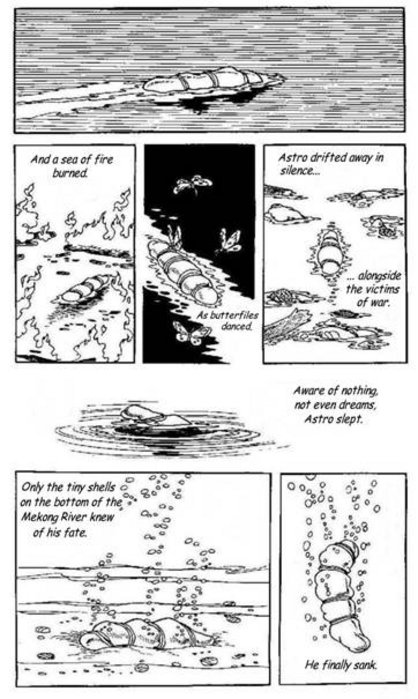



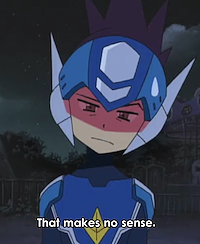


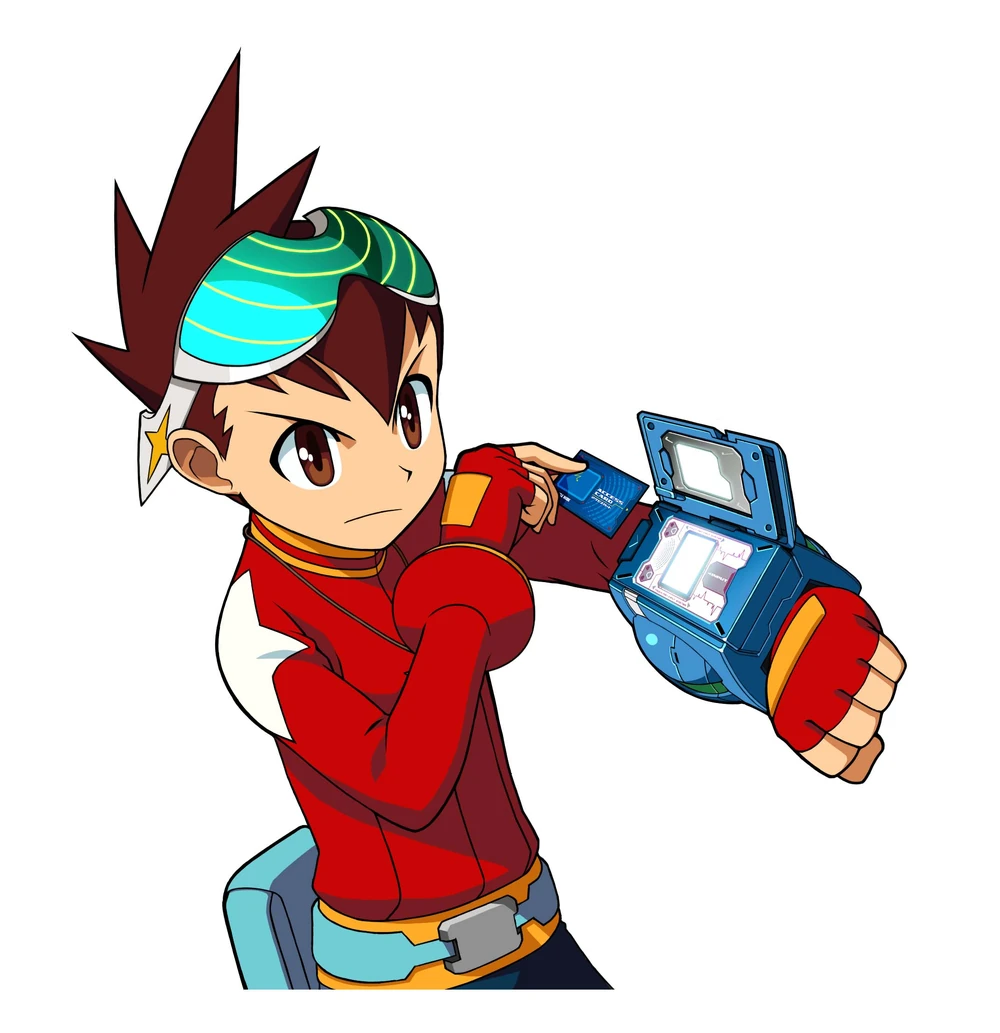
Notions like “the best defence is offence” and a preemptive/preventive war have existed for a long time, to be fair. It’s just that this isn’t the first time Israel or the US have pulled that card and it never worked. Hezbollah was founded the first time Israel invaded Lebanon ffs.
Even if it did work in this case, it would be short-sighted, as the injustice in Palestine would continue and it’s just a matter of time before things blow up again. “No justice, no peace” and all that.